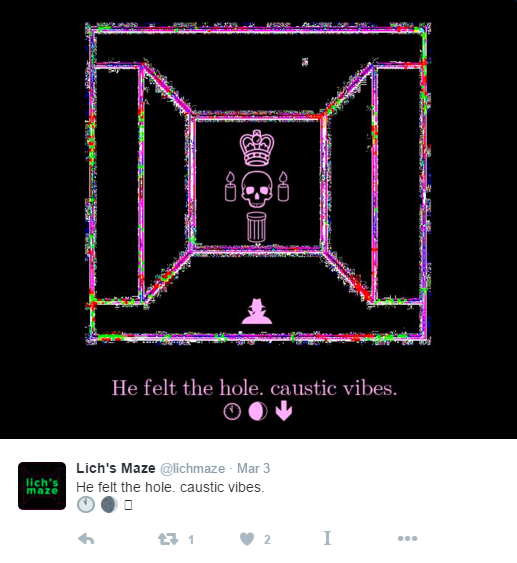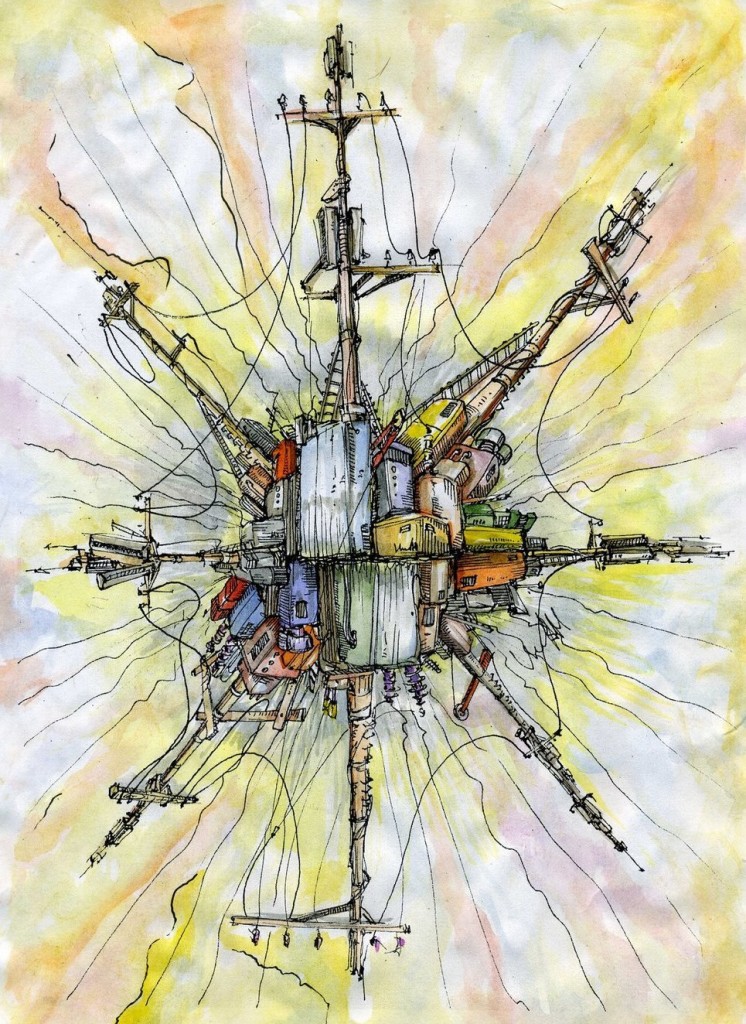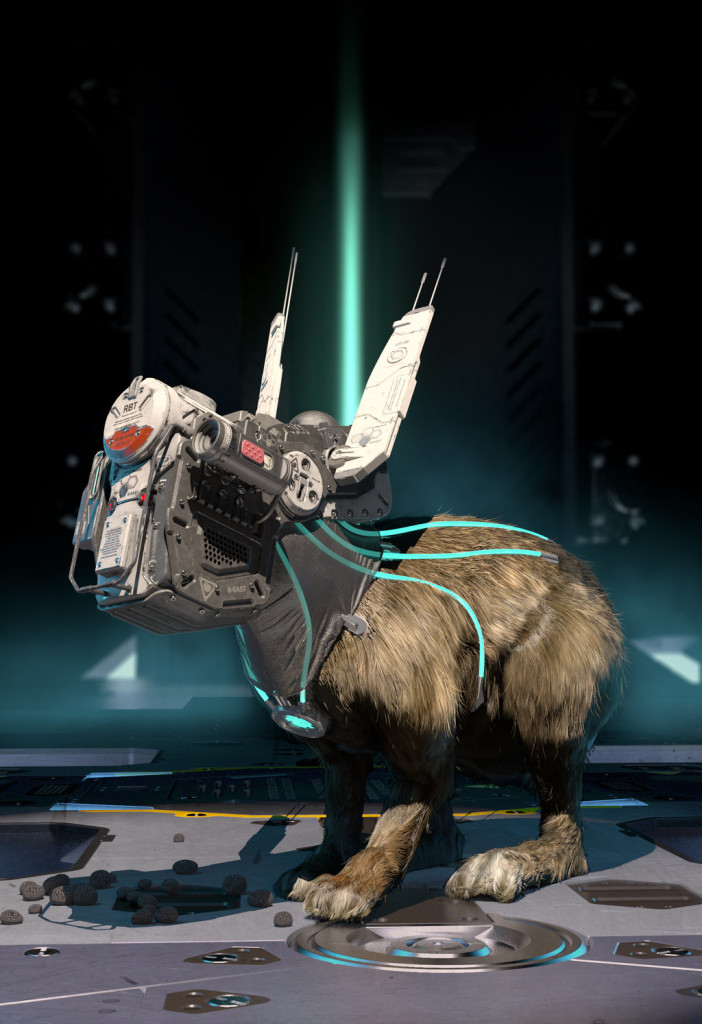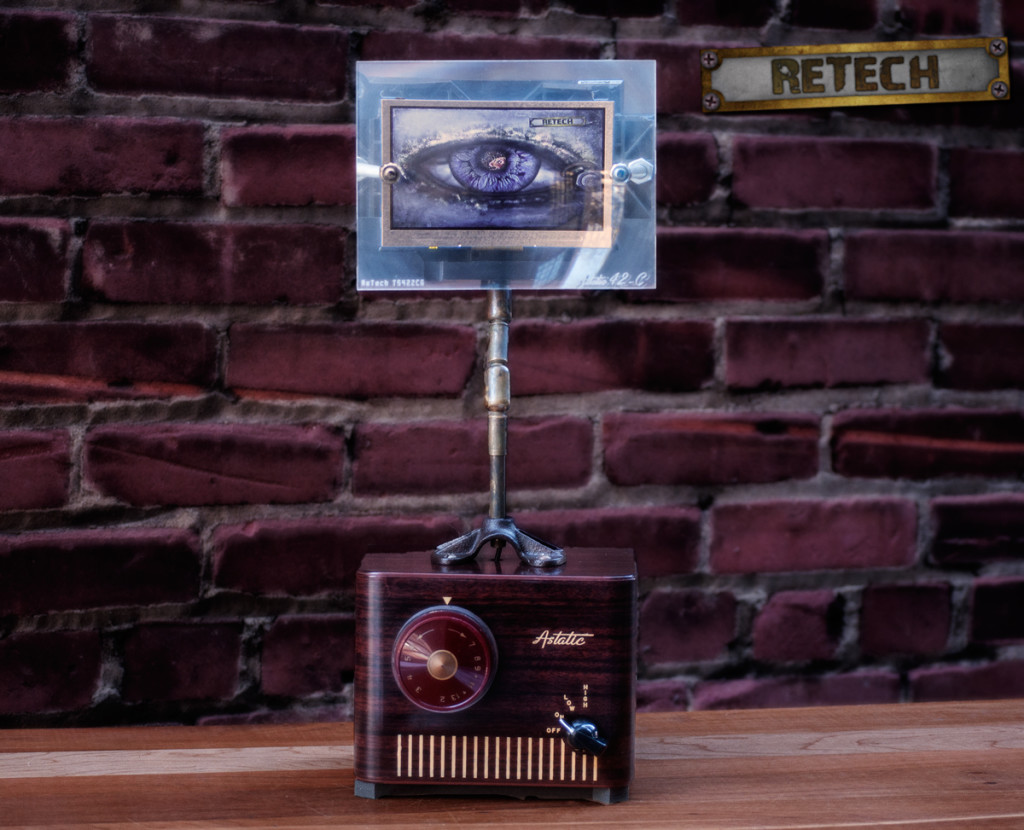Mike Dank (Famicoman) wrote an article for Node about the Internet of Things. Here are few interesting tidbits:
“We have these devices that we never consider to be a potential threat to us, but they are just as vulnerable as any other entity on the web. […] Can you imagine a drone flying around, delivering malware to other drones? Maybe the future of botnets is an actual network of infected flying robots. […] Is it only a matter of time before we see modifications and hacks that can cause these machine to feel? Will our computers hallucinate and spout junk? Maybe my coffee maker will only brew half a pot before it decides to no longer be subservient in my morning ritual.”
I think we’re a long way from coffeemakers with emergent minds, and my guess is that machine intelligence will be induced before it starts appearing randomly. But I like the idea of a mischievous hacker giving “life” to someone’s household appliances. Of course, connected devices can wreak havoc unintentionally, like when people’s Nest thermostats glitched (the incident written up in The New York Times wasn’t the only one). The clever Twitter account Internet of Shit provides a helpful stream of additional examples.

Artwork by Tumitu Design.
I’m not worried about someone cracking my doorknob’s software or meddling with my refrigerator settings, because I’m insignificant and there’s no reason why a hacker would target me. (Not saying that it couldn’t happen, just that it’s not likely enough to fret about. Especially since I don’t actually have any connected thingamajigs… yet.) Most regular folks are like me. However, I think keeping the Internet of Things secure is crucial, for a couple of reasons:
- Physical safety is absolutely key. Data-based privacy invasions can jeopardize your employment, but they’re unlikely to outright kill you or your family. Someone who is immunocompromised or frail (think people who are very sick, very old, or very young) can be seriously harmed by unexpected low temperatures or spoiled meat from a faulty fridge.
- In order to feel safe, people need to be able to reliably control their environment. When we go out into the world, events are unpredictable and we can’t be at ease. Home is supposed to be the opposite — it’s your own domain, and you feel comfortable because everything is how you like it. I know that I’d feel uneasy if the Roomba suddenly barged into my bedroom and tried to eat my feet.









